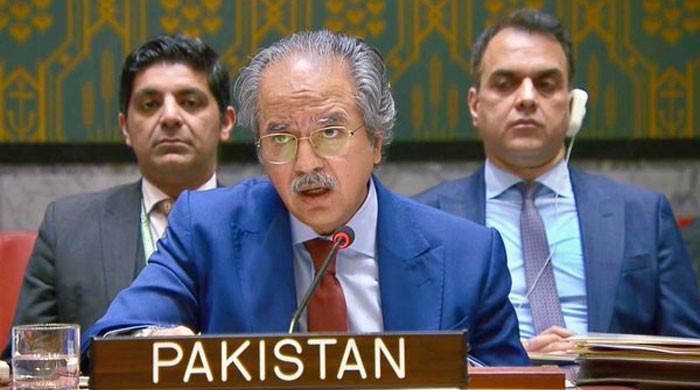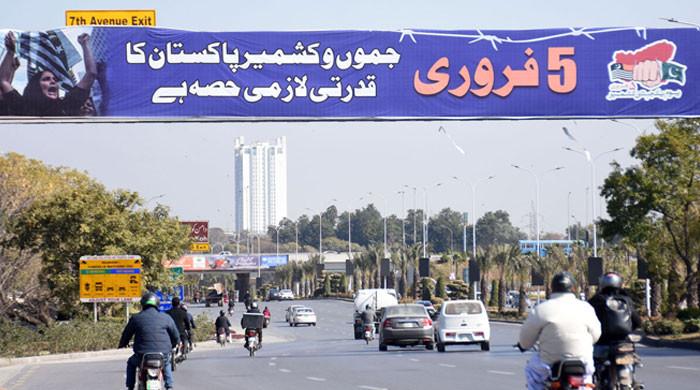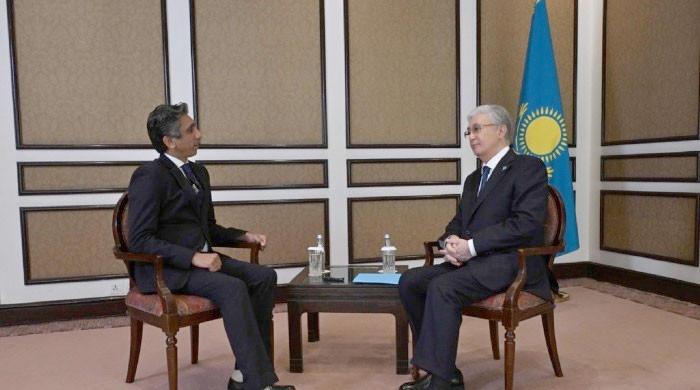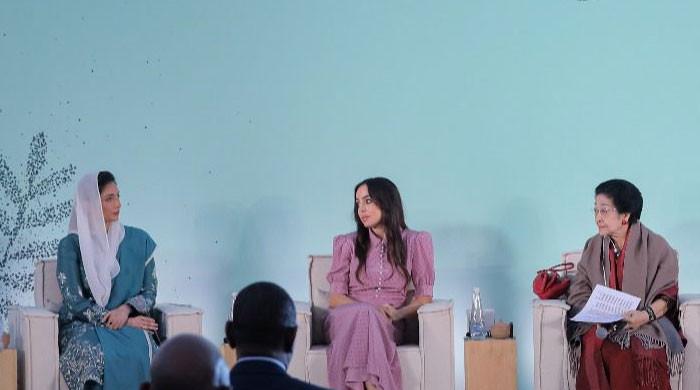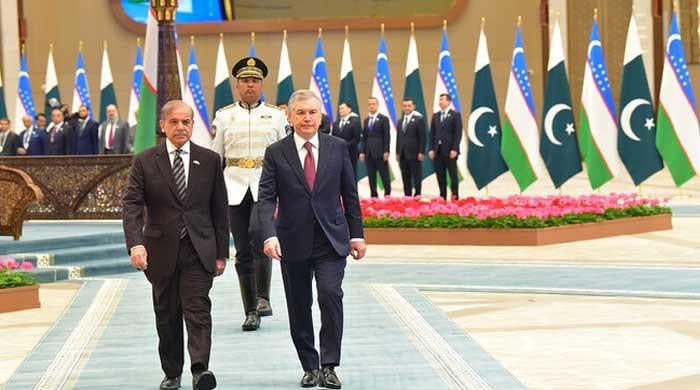ECP fears election delay as candidates seek symbol change
Commission says polls to be delayed in pockets if process of changing symbols doesn't stop
January 16, 2024
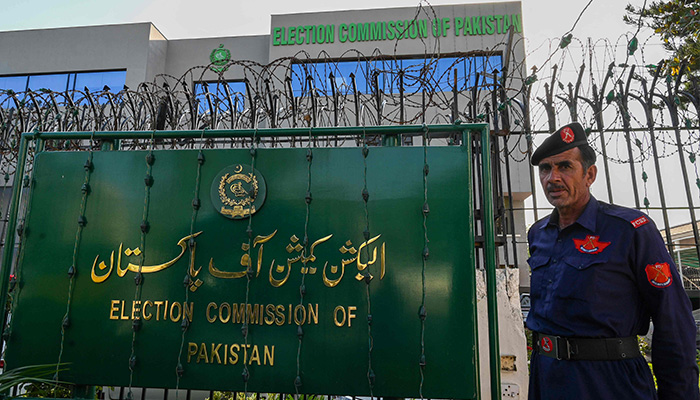
- ECP “can delay polls in pockets” if courts allow change of symbols.
- Commission also warns against significant ballot paper wastage.
- ECP says mulling over how to ensure its orders are implemented.
ISLAMABAD: The Election Commission of Pakistan (ECP) Tuesday expressed fears that the general polls could be delayed further if the symbols of candidates were changed despite signs already being allocated to them.
Pakistan's general elections have already been delayed by months, with some political actors demanding further postponements citing various reasons. However, the Supreme Court has directed officials to ensure polls take place on February 8.
In a statement, the polling authority said after the allotment of the election symbols, political actors are “having them changed through various forums”.
“It should be noted that after the allotment of the election symbols, the election commission has ordered the printing of ballot papers to the three printing corporations and the printing work has started,” the statement mentioned.
The statement comes hours after sources told Geo News that the election commission is mulling over the prospects of delaying polls for some constituencies if high courts allow independent candidates to change their electoral symbols.
In a meeting headed by Chief Election Commissioner (CEC) Sikandar Sultan Raja, the issue of appeals before high courts seeking changes in symbols was put forward, to which it was suggested that the dates could be amended for certain constituencies, the sources said.
The official version was along the lines as the ECP said: “If the process of changing the election symbols continues, then on the one hand, there is a fear of delay in the election because the ballot papers will have to be reprinted, for which the time is already limited, and on the other hand, the special paper ballot papers will be wasted.”
Stressing the wastage of paper, which is imported and Pakistan's already facing an acute balance of payment crisis, the ECP said for the 2018 elections, 800 tonnes of paper was used for printing the ballot paper, while this time, it is estimated that 2,070 tons of paper will be used in the 2024 elections.
Similarly, 11,700 candidates participated in the 2018 elections, while 18,059 candidates are partaking in the forthcoming polls. In 2018, 220 million ballot papers were printed, while this time 260 million ballot papers are being printed.
In this regard, the election commission is holding a meeting on how to deal with this situation and how to ensure the implementation of the commission's repeated instructions not to change election symbols.
“A proposal is also being considered that if this process of changing election symbols does not stop, there will be no other option but to postpone the elections in such constituencies,” the statement read.
The development comes after Pakistan Tehreek-e-Insaf (PTI) leaders moved the Peshawar High Court (PHC) against the allotment of their symbols, stating that the election commission was in violation of the law.
However, the high court dismissed the petitions of the PTI leaders, including Shehryar Afridi, Asif Khan, Kamran Bangash, and Aftab Alam, who are contesting the elections as independent candidates following their party losing the 'bat' symbol.
Electoral symbols — unique pictorial identifiers — are handed out by the ECP to political parties and candidates. Parties usually have long-standing symbols, which, for the PTI, was the cricket bat, referencing party founder Imran Khan being a celebrated former captain of the national cricket team.
The symbols appear on ballot papers, with voters able to put a stamp on their symbol of choice. The ballot paper also has names, but over 40% of Pakistan's 241 million population are illiterate, making the pictures extra important for recognition.
A majority of Pakistan's constituencies are in rural areas where the literacy rate is around 50%, according to the economic survey of 2022-23.
Pakistan's election process involves thousands of candidates and dozens of political parties and symbols. A single ballot paper has a long list of options for voters.
A total of 150 symbols have been assigned to political parties and another 174 will be given to independent candidates for this election.




